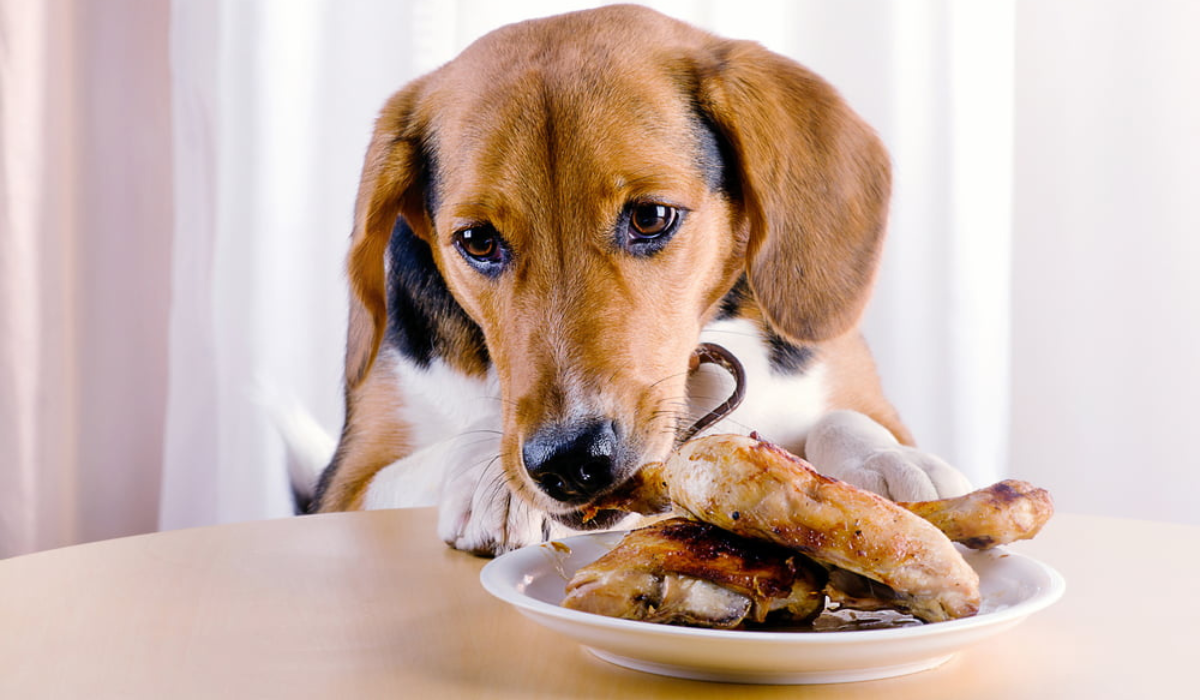Introduction:
It’s exciting, but also nuanced to consider adding a chicken to your family. It is important to consider the dietary needs of both pets. Can dogs thrive exclusively on a diet based on chicken? Explore the nutritional implications of your dog’s diet and the guidelines that will ensure their well-being.
The Nutritional Value of Chicken
It may seem simple to feed dogs only chicken, but this is not a complete diet. For a balanced diet, dogs need essential fatty acid, vitamins and minerals. These vital nutrients can be overlooked if you only eat chicken.
Nutrient Deficiencies:
According to the Association of American Feed Control Officials, a diet consisting solely of chicken may result in nutritional deficiencies. It is possible that essential nutrients like folate, copper, iodine and iron, as well as riboflavin, zinc, vitamin A, D, and E, may be missing. This can cause health problems and affect various bodily functions.
Animals that are being raised for food:
Puppies, especially, are more vulnerable to nutritional deficiencies. A diet deficient in essential nutrients may contribute to orthopedic disorders and skeletal anomalies, which can compromise the health and development of puppies.
Limiting chicken intake:
Chicken can be part of a pet’s daily diet but it shouldn’t exceed 10%. The World Small Animal Veterinary Association’s guidelines emphasize the importance to limit treats and table foods in order to maintain a balanced and complete diet.
Homemade Diets Warning:
Many online homemade diets lack the balance and completeness needed. Pet owners who are interested in making their pet’s diet at home should consult a Board Certified Veterinary Nutritionist. The nutritional needs of dogs can be met with professional guidance.
Prepare Chicken Safely:
It is important to prepare chicken properly if you decide to include it in your dog’s food. To eliminate harmful bacteria, cook chicken until it reaches 165degF. To prevent gastrointestinal issues and other health problems, avoid adding butter, oil, seasonings or sauces.
The Risks of Feeding Chicken
Chicken can cause gastrointestinal upsets, pancreatitis (especially when bones are present), choking, nutritional deficiencies and foodborne illnesses such as salmonella. Moderation and careful consideration are key.
As a treat, chicken is a good choice.
You can use chicken as a reward or as a training tool. To prevent any negative behavior, the amount of chicken in a pet’s food should not be more than 10%. It is possible to use chicken as a treat, but moderation must be used.
Consultation with a Veterinarian
Consultation with your veterinarian is essential before making any significant changes to the diet of your dog or adding chicken as a main component. The professional guidance will ensure that your dog’s nutritional requirements are met and promote their overall health.
Conclusion: While dogs can enjoy chicken when it is part of a well-balanced diet, depending solely on this food could lead to nutritional deficiencies. Consult your veterinarian to develop a balanced diet that is diverse.








